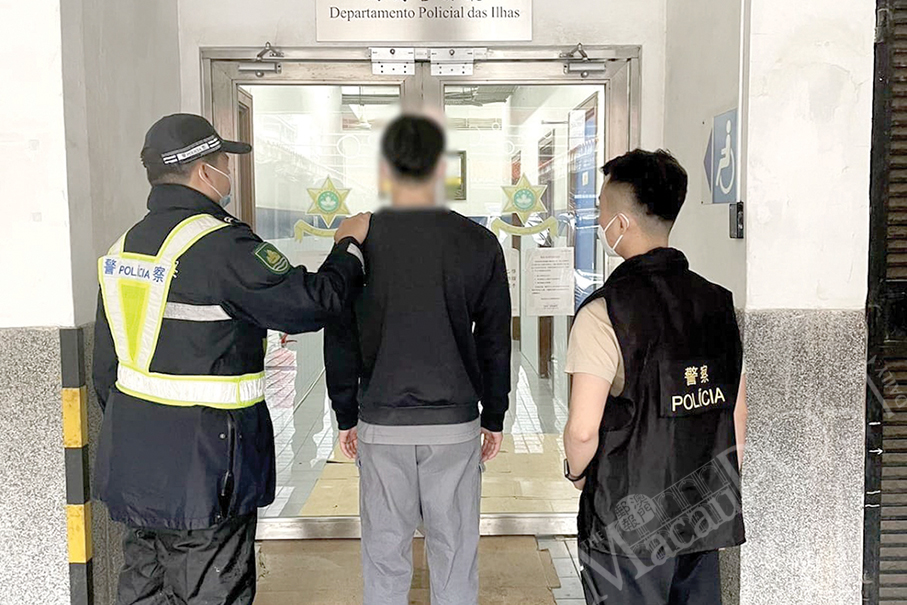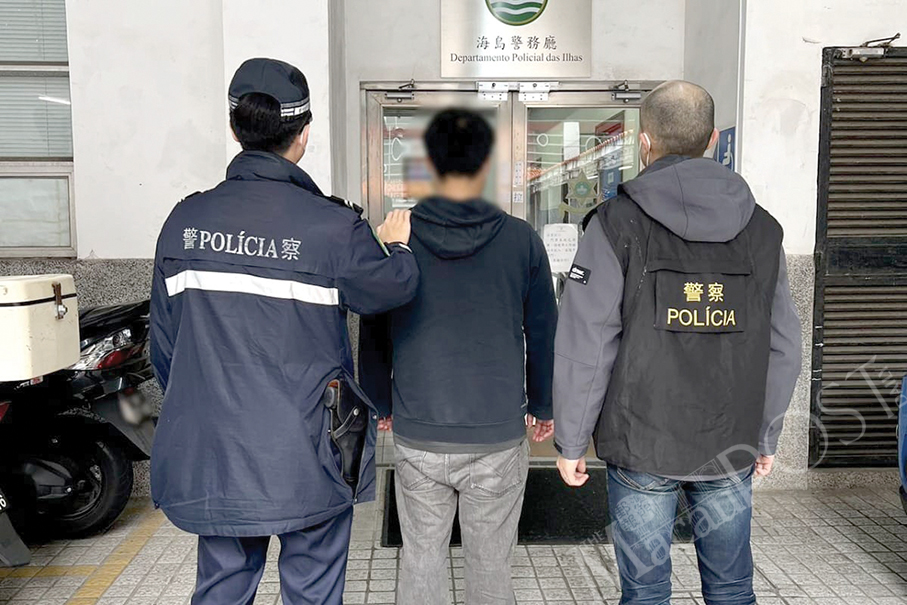Editorial
The Macau-based Forum for Economic and Trade Cooperation between China and Portuguese-speaking Countries (aka Forum Macao) was showered with praise by Chief Executive Ho Iat Seng when he addressed its 20th anniversary reception at its headquarters in Nam Van on Tuesday.
Ho commended the 10-nation forum for its “encouraging results” over the past two decades.
Forum Macao has got the praise that it deserves. The central government’s top officials posted to Macau – Liaison Office Director Zheng Xincong and Foreign Ministry Commissioner Liu Xianfa showed their institutional and personal support for the forum, which is overseen by the Ministry of Commerce (MOC) in Beijing, by attending the reception.
The forum’s 10 member states – China and the world’s nine Portuguese-speaking countries (Angola, Brazil, Cabo Verde, Equatorial Guinea, Guinea-Bissau, Mozambique, Portugal, São Tomé and Príncipe, and Timor-Leste) have a total population of 1.7 billion, accounting for one-fifth of humanity. That’s a formidable figure.
The forum consists of a mélange of countries of all sizes in terms of population and area – China and Brazil being the world’s third and fifth largest countries by land area and first and sixth biggest by population respectively, while some of the other member states are among the world’s smallest nations by both population and area (Cabo Verde, East Timor, Equatorial-Guinea, Guinea-Bissau, and São Tomé and Príncipe), each of them with just about two million (Guinea-Bissau) or even fewer inhabitants. And they are also palpably different in political, socio-economic and cultural terms.
The official status of the Portuguese language is their great unifier – even in China Portuguese is an official language in one of its two special administrative regions: Macau. Portuguese also has official status in Equatorial Guinea, even though, I have been told, hardly anyone speaks the language there (yet), being a former Spanish colony and also having French among its three official languages.
The forum includes two of the world’s major countries – China and Brazil – and two of Africa’s major countries both by population and area (Angola and Mozambique).
Brazilian President Luiz Inácio Lula da Silva was scheduled to pay a state visit to China, accompanied by a high-powered business delegation, this week, coinciding with Forum Macao’s jubilee. Regrettably, the leftist president came down with pneumonia shortly before his departure so that the trip needed to be postponed sine die. Some 72 percent of the population of the world’s nine Portuguese-speaking countries lives in Brazil.
Incidentally, the presidents of China and Brazil, Xi Jinping and Lula da Silva, are paragons of the developing world’s poverty alleviation gains.
Macao Forum is one of China’s various international entities that link it with different groups of countries such as BRICS (which, as the acronym’s first letter indicates, includes Brazil), the China-Pacific Island Countries Economic Development and Cooperation Leaders Forum, the Forum on China-Africa Cooperation (which, of course, includes Africa’s Portuguese-speaking countries), and the China-Arab States Cooperation Forum. That’s quite a multifaceted network of fora.
What is special about Forum Macao is that it spans four of the world’s seven continents (Africa, Asia, Europe, and South America), more than any of the other international fora that China has set up, and also that it is based in one of its SARs.
The forum has significantly lifted up the international status of the Macau Special Administrative Region (MSAR). In terms of its global image, I would say, the forum is more important to Macau than to any of its 10 member states. I always found it rather peculiar that one of our planet’s largest international bodies as far as its number of people and trade and investment volumes are concerned is hosted by one of the world’s tiniest territories. That is, of course, the result of Macau’s four-century-long history as a sliver of Chinese land administered by Portugal until December 1999 (Macau’s last Lisbon-appointed governor, Gen. Vasco Rocha Vieira, received an honorary doctorate from the private Macau University of Science and Technology –MUST – earlier this week for, among other things, overseeing Macau’s fairly smooth transition from Portuguese to Chinese administration in the 1990s).
Due to Macau’s history as a Chinese territory under temporary Portuguese administration it makes perfect sense that Chief Executive Ho Iat Seng will pay his first working visit to a foreign country, Portugal, since he has been at the helm of the local government, next month.
I think one of his next foreign trips should take him to one of the other Portuguese-speaking countries – apart from Portugal there are eight more to choose from.
In this context, I concur with my friend and colleague José Carlos Matias, director of Macau Business, that Macau should further strengthen its ties with the Portuguese-speaking world beyond its well-developed relations with Portugal, such as by setting up representative offices in, for instance, Luanda or Maputo (both being emerging powerhouses in southern Africa).
I would like to see more students, trainees, professionals and businesspeople from the Portuguese-speaking developing countries taking advantage of Macau’s unique role as a platform between China and their respective nations. People-to-people exchanges are mutually beneficial. Potentially, we can always learn from each other.
Anyhow, I wish my Forum Macao amigos the best of success in the years to come by mentioning just its three top representatives – Secretary-General Ji Xianzheng and his deputies Paulo Jorge Rodrigues do Espírito Santo and Casimiro de Jesus Pinto. Keep up the good work!
– Harald Brüning








